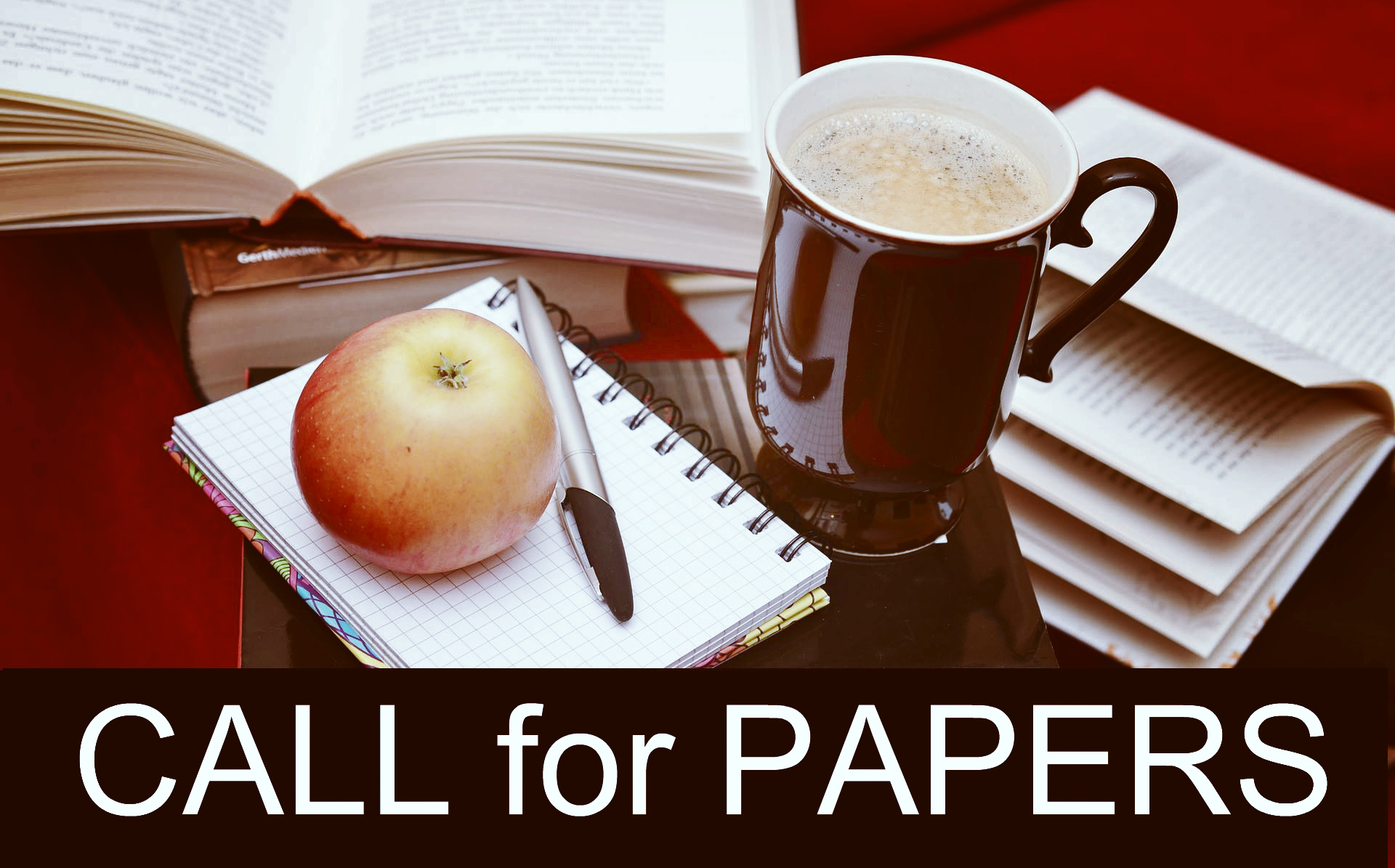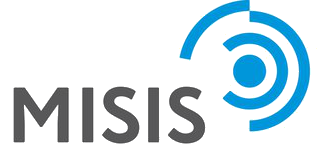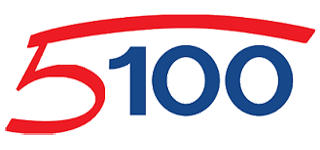 6th International Academic Writing Symposium, 28 – 30 March 2019
6th International Academic Writing Symposium, 28 – 30 March 2019
Academic writing today is evolving in numerous directions. This opens up many possibilities for writing itself but also for writing support and research. At the same time, these possibilities are accompanied by challenges. We as writing center professionals must recognize and respond to these challenges, alongside colleagues in academic writing, publishing, translation, support, and instruction.
Team InterWRITE’s academic writing support is geared toward students from a variety of linguistic backgrounds writing in English and German as foreign languages. Leibniz University Hannover belongs to the group of TU9 institutions, an association of Germany’s top technical universities, and thus as a leading STEM institution is particularly impacted by conflicting concerns related to writing, knowledge creation, and global changes in academics. Our task as writing center professionals, as well as language instructors, advisors, editors, and other knowledge-builders, is to help writers navigate their paths forward in this uncertain future as they write “at the crossroads.”
Thus, we are proud to host the 6th International Academic Writing Symposium 2019, and cordially invite all participants to submit proposals for conference poster presentations, 30-minute lecture-style presentations, 90-minute hands-on workshops, and informal 10-minute Pecha Kucha-style talks. We particularly request contributions which explore the following questions:
1. How are writing expectations changing within/across the diverse global academic community?
2. How has the role/relevance of the “native speaker” writer changed, and the concept of first- vs. second-language speakers?
3. How is the publication process impacted by changes within/across disciplines?
4. In what important ways are translation and L2 publishing, writing support, and instruction evolving (or not)?
5. Who is (or should be) our audience as contemporary academic writers?
6. How do writers move forward in writing projects, especially unrestricted, inter-disciplinary, or collaborative ones?
7. How does the hierarchical nature of institutions like universities impact writing and knowledge transfer?
8. What role does academic writing, especially STEM, play in broader public debates and policies?
9. How do tech-tools, corpora, and other forms of “open source knowledge” impact writing and learning?
10. How can multi- and trans-lingual repertoires be leveraged in the writing or translation process?
We request that all proposals be limited to an abstract of no more than 350 words, written in English or German. We reserve the right to request that the contributor(s) present their work in a particular presentation format, as appropriate. We will accept contributions from 21 August 2018 until 1 October 2018. Submissions will be peer-reviewed and contributors will be notified as soon as possible. Abstracts can be submitted on our website: https://www.fsz.uni-hannover.de/825.html
We encourage learning through teaching! Therefore, junior researchers, first-time presenters, students and student writers are also invited to submit proposals. To further accommodate long-distance contributions, PechaKucha-style talks may also be presented as pre-recorded videos, with audience questions submitted in real-time.
If you have questions, please contact the organization team InterWRITE/ Team Internationales Schreiben: writingsymposium2019@fsz.uni-hannover.de

